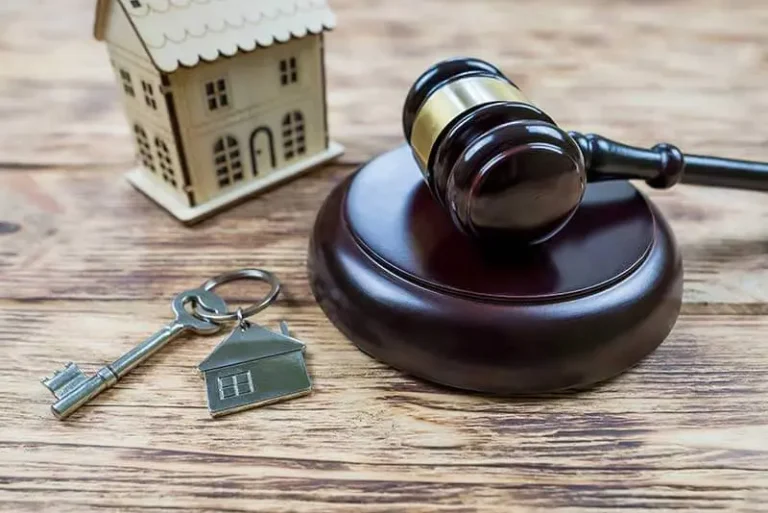Eviction is a legal process that must be handled with precision, professionalism, and compliance with local and federal regulations. As a landlord or property manager seeking to evict a tenant—particularly one under a Section 8 housing program or when serving a Section 21 notice—you may ask: Are eviction specialists near me required to be licensed? This comprehensive guide answers that question in full, covering legal requirements, credentials, and how licensing impacts evictions involving government-subsidized tenants.
Understanding the Role of Eviction Specialists
What Does an Eviction Specialist Do?
Eviction specialists are professionals who assist landlords in removing tenants from rental properties legally. Their responsibilities may include:
- Preparing and serving eviction notices
- Filing documents with local courts
- Representing landlords during hearings
- Coordinating with sheriffs or constables for physical removal
- Managing special cases like Section 8 tenant evictions or serving a Section 21 notice
Licensing Requirements for Eviction Specialists
General Licensing Requirements
In many jurisdictions across the U.S., eviction specialists are not required to be licensed attorneys, but some states or municipalities do require certification or a business license to perform certain functions legally.
If an eviction specialist is handling legal representation in court, they must be a licensed attorney. However, many eviction specialists focus on administrative tasks that do not require law degrees, such as:
- Serving notices
- Preparing documentation
- Advising landlords (within limits)
State-Specific Regulations
Licensing requirements can vary widely. For example:
- California: Only licensed attorneys may represent landlords in court; process servers must be registered.
- Texas: Non-attorney agents can represent landlords in Justice Courts but not higher courts.
- Georgia (including Atlanta): No specific license for eviction specialists is required, but professionals representing landlords in court must be attorneys.
For Section 8 cases or when issuing a Section 21 notice, it is often recommended to work with licensed professionals due to the complexity of housing regulations and tenants‘ rights.
Why Licensing Matters in Section 8 Evictions
Section 8: A Federally Subsidized Program
The Section 8 housing program, officially known as the Housing Choice Voucher Program, provides federal assistance to low-income renters. Because of the program’s federal nature, evictions must adhere to HUD guidelines and local housing authority rules.
Licensed professionals are more likely to:
- Understand HUD regulations
- Follow the proper due process
- Avoid discrimination claims
- Handle documentation appropriately
Risks of Using Unlicensed Eviction Help
When evicting Section 8 tenants, landlords face increased legal scrutiny. Using unlicensed individuals may result in:
- Procedural errors
- Violations of fair housing laws
- Dismissed eviction cases
- Financial penalties
To minimize risk, landlords should ensure that any eviction specialist handling Section 8 tenants is licensed and experienced.
Licensing in Section 21 Notice Cases
What Is a Section 21 Notice?
A Section 21 notice is used in the UK to terminate an Assured Shorthold Tenancy without fault. Although this term is used predominantly in England and Wales, its appearance in U.S. landlord discussions often reflects non-fault-based evictions, which some specialists in the U.S. also deal with, especially in similar “no-cause” notice-to-vacate procedures.
Importance of Legal Knowledge
Serving a Section 21 notice (or similar U.S. equivalent) involves compliance with tenant protection laws, timelines, and proper formatting. A licensed eviction specialist or attorney is better positioned to:
- Ensure notices meet legal standards
- Advise landlords on timing and validity
- Represent landlords if a tenant challenges the notice in court
Who Can Represent Landlords in Court?
Legal Representation Rules
In most U.S. states:
- Only licensed attorneys can represent landlords in higher courts.
- Some states allow property managers or agents to appear in lower courts for eviction hearings, especially for smaller claims.
- Unlicensed individuals acting beyond administrative duties may be violating unauthorized practice of law statutes.
This is particularly relevant for Section 8 evictions, where tenants may have access to legal aid and may challenge the eviction aggressively.
How to Verify Licensing Status
Steps Landlords Can Take
To ensure you’re working with a licensed and reputable eviction specialist:
- Check state licensing boards or bar associations (for attorneys).
- Request references and professional credentials.
- Ask about prior experience with Section 8 or Section 21 notice evictions.
- Confirm insurance and bonding, especially for process servers.
Benefits of Hiring a Licensed Eviction Specialist
Legal Compliance and Accuracy
Licensed professionals offer:
- Accurate paperwork
- Timely service of notices
- Confidence in HUD compliance for Section 8 tenants
- Proper court representation
Risk Mitigation
Working with licensed specialists reduces risks such as:
- Dismissal of cases
- Lawsuits from tenants
- Delays in property turnover
- Potential federal violations when dealing with Section 8 programs
Alternatives to Licensed Eviction Specialists
Using Property Management Companies
Many licensed property managers offer eviction services as part of their full-service package. They often have legal counsel on staff and can navigate both Section 8 and Section 21 notice situations.
Self-Filing for Experienced Landlords
Experienced landlords may file basic evictions themselves but should still consult with an attorney for:
- Complicated Section 8 cases
- Legal questions related to Section 21 notice equivalents
- Cases where tenants contest the eviction
Conclusion: Should Licensing Be Your Priority?
In summary, while not all eviction specialists are legally required to be licensed in every jurisdiction, choosing a licensed professional—especially for Section 8 or Section 21 notice cases—offers a higher level of legal protection, professionalism, and efficiency.
If you’re asking, “Are eviction specialists near me required to be licensed?”—the best answer is: It depends on your location and the complexity of the case, but choosing a licensed provider is always safer, particularly when dealing with regulated tenants and government programs.


